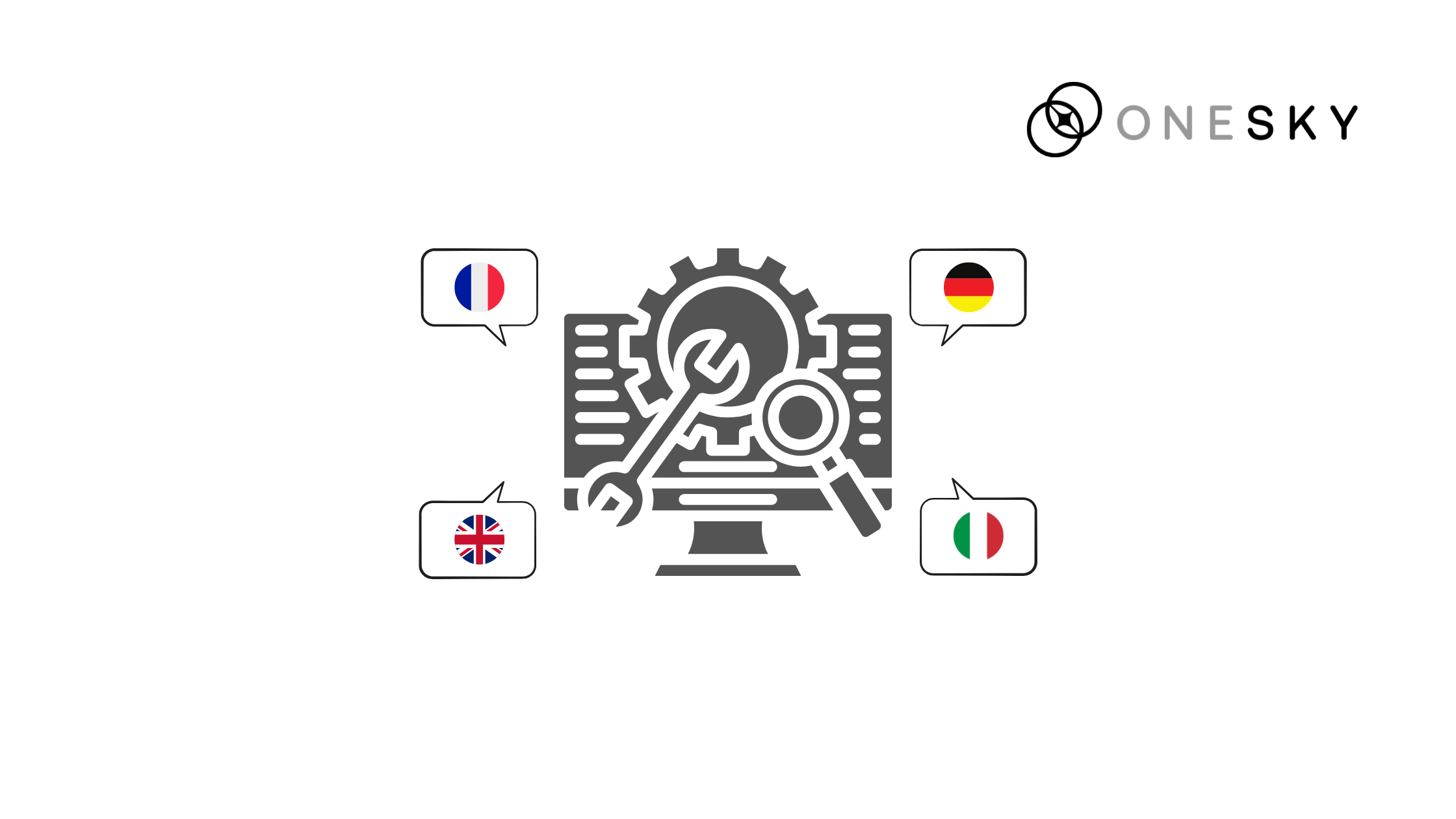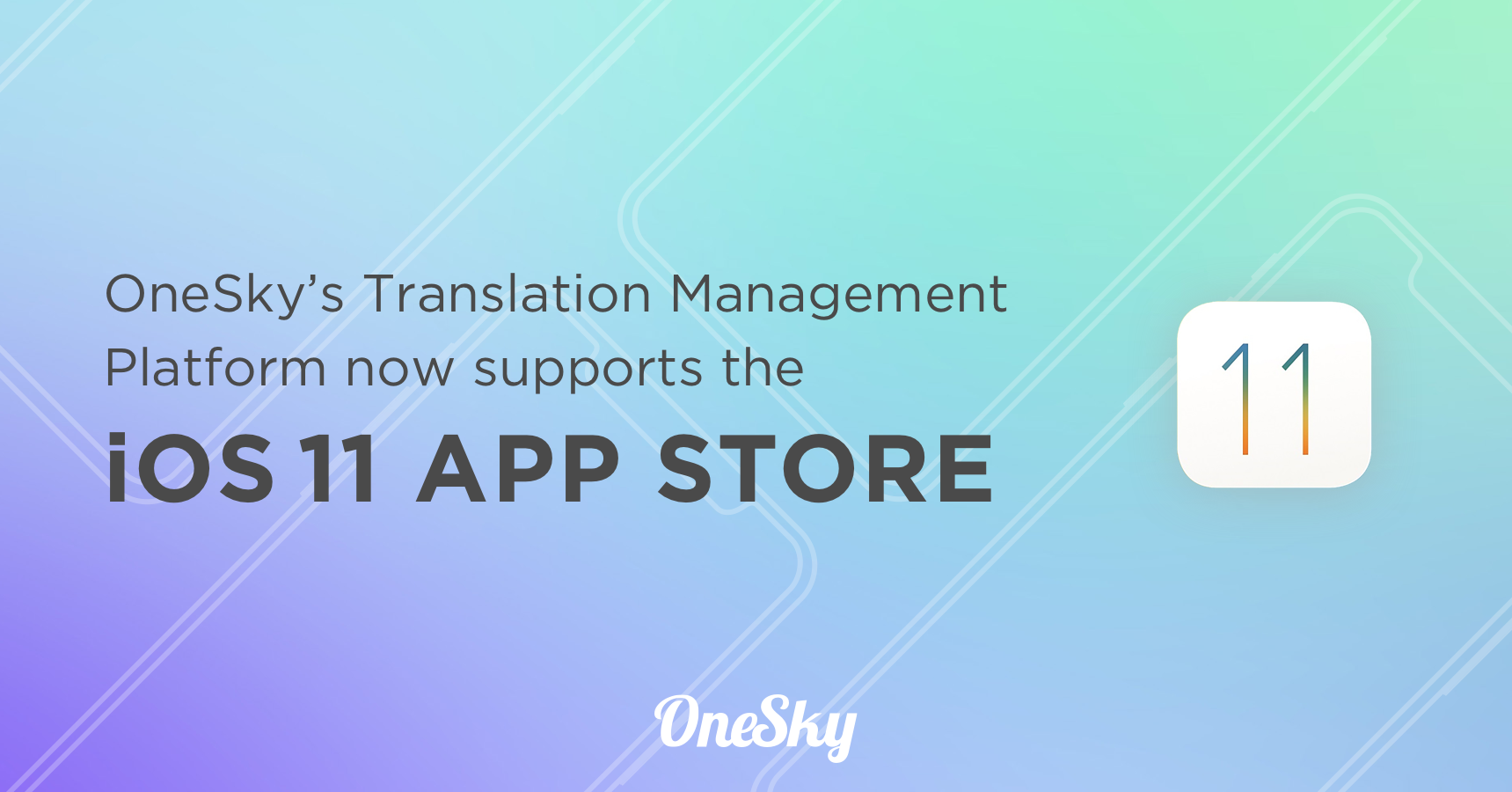4 Reasons Why Businesses Should Consider Localization
What is localization?
Localization is the practice of adapting a product to reflect the cultural sensitivities and language of customers in the local market. The product can be anything, including a website, software, web app, mobile app, video game, marketing campaign, and so on.
Localization is not just about translating the content into a target language. It emphasizes adapting user interfaces, images, payment methods, colors, date formats, phone numbers, and layouts to the preferences and conventions of different markets.

Global brands know the importance of localizing their websites and other digital products. For instance, the top 25 websites in the world, according to the 2020 Web Globalization Report Card, support an average of 61 languages.
The other notable highlights of the report are:
- Wikipedia supports 296 languages to meet the multilingual needs of people across the world.
- The large-scale technology giants such as Microsoft, Cisco Systems, Siemens, and Adobe continue to demonstrate their leadership worldwide by consistently investing in localization practices.
- The website of Nivea, the leader in the skincare and cosmetics industry, supports 46 languages. Its website is adapted to display culturally relevant images to local markets.
This article explores the types of localization and the reasons why business owners should consider localizing their products.
Types of Localization
The localization has many forms, including website localization, software localization, video game localization, and marketing localization.
- Website localization: Website localization is all about adapting the website content, layout, multimedia, background colors, and symbols to meet the preferences of the target audience. In most cases, the website is the first thing potential customers look into before starting an interaction with the organization. If your website does not talk in a language the potential customers know, they may quickly close your website and move to the next result in the search engine. If you are running an e-commerce website, you should ensure the website auto-detects the location of visitors and displays the content, images, symbols, and currencies in their local language.
- Software localization: Software localization emphasizes adapting your web app or mobile app to the local target markets. The main elements to consider while localizing software applications are menus, status messages, error messages, currencies, technical documentation, payment gateway, units of measurement, and so on.
- Video game localization: Video game localization is a process of adapting the video game text, location names, maps, character names, instructions, and in-game announcements to meet the preferences of local gamers and provide them with a seamless gaming experience. Since China, the United States, Japan, South Korea, and Germany are the top five video game markets in the world, you should consider localizing your video games into Chinese, English, Japanese, Korean, and German.
- Marketing localization: Marketing localization is a process of adapting marketing materials (brochures and flyers) and messages (slogans and taglines) to meet the cultural norms and sentiments of local people. Depending on requirements, your marketing localization efforts should also focus on creating a unique brand identity that aligns with local preferences.
4 Reasons Why Businesses Should Localize
There are various reasons for businesses to localize their websites, software products, video games, and other digital products.
Let’s look at the top four key reasons below:
1. It boosts business revenue.
Two key factors play a crucial role in increasing the revenue of a website, software product, or video game: reaching more people and converting visitors into customers.
- Reach more people: No more than 25% of the world’s population speaks the English language. It means you will have an opportunity to reach the remaining 75% of the world’s population by translating your product into different languages.
- Convert visitors into customers: People love to own products that reflect their culture and match their sensibilities. Since localization adapts the product to match the local culture, the organization will see higher conversion rates than usual. For instance, localization helped Net Media Planet to increase conversions on their websites by 70%.
2. It helps businesses to enter new markets.
Are you struggling to gain ground in new markets with your product that has universal features? Then, localization can be the right strategy for you. The main barriers to expanding into new markets are language, cultural norms, and legal issues. Since localization adapts your product to the language and cultural preferences of local people, entering into new markets will become a cakewalk.
The tips for successful localization when you plan to enter new markets are:
- Conduct thorough research on new markets you want to enter and determine if localization is worth it for all new markets.
- Select languages you want to translate into.
- Hire a reliable localization partner.
- Discuss the style guide, create a localization strategy, and provide context for your translators.
- Give room for text expansion.
- Don’t opt for machine translation unless it is urgent.
- Make sure your localization partner employs high-quality human translators for your localization project.
- Conduct real-time on-device testing before launching the product into new markets.
3. It gives businesses a competitive edge.
Customer’s trust is the major competitive advantage for any business. People trust the local businesses that speak their language and want to transact with them. For instance, a study conducted in 29 countries revealed that 76% of people prefer purchasing products with information in their native language.
Since localization helps you create a brand identity that aligns with the cultural norms of local people, you will gain a level playing field with local businesses and a competitive edge over foreign businesses that don’t localize their products.
4. It increases customer satisfaction and brand loyalty.
By localizing the product, you will essentially be able to cater to the needs of customers in a way they are comfortable with. You’ll make the product familiar and friendly to local customers. When this happens, customers will engage more with your product and create meaningful conversations with your brand. All these translate into a satisfying user experience and increased brand loyalty.
OneSky App is the Best Solution for Localization
Localization plays a crucial role in enhancing the user experience and gaining a loyal customer base. It is the perfect strategy for businesses that want to expand into international markets, gain an edge over competitors, and increase their revenues.
OneSky is a leading localization service provider with years of experience catering to the translation needs of diverse businesses. With over 1,000 professional translators and a robust translation management system, OneSky helps you translate your websites, software applications, and video games into more than 50 languages across 70 countries worldwide.
The main benefits of OneSky’s localization services are:
- Supports over 19 file formats.
- Integrations with a range of software development platforms.
- Experience working with over 1000 projects.
- Direct communication with the localization team.
- On-device testing before launching the product into the real market.
- Technical validation to ensure that there are no missing placeholders in the translated text.
- Superior translation management platform that automates your localization processes and translation workflows.
- Quality assurance with help of our subject matter experts who have wide domain knowledge and technical experience.
Want to learn more about OneSky’s localization tool? Sign up for free today!




 Written by -
Written by - 




 Written by
Written by 


